When the rest of the country celebrates saving a life with gallantry awards, honours and cash tributes, there is a bunch for whom saving lives is everyday. Other lives are their living; on any given day during peak tourist season they save at least one. That they are paid for doing this doesn’t diminish the heroism involved, the willingness to imperil their own lives for that of another, a perfect stranger, and sometimes even knuckling under shattered joints and dislocated limbs.
Just two days before I met Sajith, lifeguard at a Varkala beach, he had rescued a Russian from sure-shot death by drowning. “The undercurrents were pretty strong and he was sucked nearly a kilometre into the sea,” he said keeping an alert eye on the welling weekend crowd gambolling about the beach and somersaulting into the lurching waters. “You should keep in mind that the very same forces that yanked the tourist away are at play when we are trying to bring him back ashore.” Being impavid is just one quality but what matters most is that these guys also know the sea like their own backyard. It is their backyard. The lifeguards are mostly drawn from fishermen who still go out to the sea on the alternate days they are off from beach duty.
“Sometime in early 2000 there was a flood and the administration called in the army for rescue ops,” remembers Prasad stationed at Veli beach in Trivandrum outskirts. “But soon it dawned on them that we, the local lifeguards, were doing a better job as we knew every node on the landscape and abyss in the sea.” Had anybody with appropriate authority been watching the unfolding events he and his colleagues would have been highly decorated, even monetarily rewarded, he rues with a kind of agathism you can find only in those entrusted with saving lives. I met Prasad sometime early February this year as part of my #KeralaCoastalWalk; a few days before he and his colleagues had rescued eight children who had come from a school in Kollam for a science exhibition in the capital. “Rescue operations in Kovalam and Varkala hog media limelight as they are more touristy. Nobody is interested in Veli as it is not very popular with foreigners.” But the numbers are faithfully entered into the log book maintained at each station which shows an average of two lives fished out from the sea most days during season.
Not recorded for posterity but fated for oblivion and mentioned occasionally out of pity than pride is the destiny of the lifeguard who paid the price. Eugin Robin, another guard from Varkala, told me about his colleague, Zakeer, who suffered a grievous spinal injury while saving two lives in January this year. Zakeer is still in hospital worried not just about recovery but mounting medical bills too. What about his family? Uncomfortable questions are best left unasked. Sajith told me about an injury which dogged him till recent: he was swimming toward land with a woman he rescued and as he reached the rocks jutting out into the sea from the north cliff side, he saw a huge wave crashing toward them out of nowhere. (An anomaly, such waves are found to occur with an alarming frequency along coasts marked by deep pits in the sea bed which are sometimes caused by dredging or sea walls in the vicinity.) Sajith immediately pushed the woman out of harm and positioned himself between her and the rock and took the full blow of the impact. He had to undergo treatment for some days before he could report back for duty. In another episode in Kovalam, a lifeguard emerged from the sea holding aloft a saved tourist and slumped down cracking his knee cap under the weight. He has been out of action since. Heartrending as they are, such stories are countless.
Apart from such calamitous misfortunes, the rescuer is also subjected to panicky thrashing about and throttling by the drowning person which drains out their energy. While they are trained and amply experienced to tackle such exertions in extremis, the lifeguards felt that a lot of untoward consequences are avoidable if some basic knowhow was imparted to the tourists – in the event of a drowning. “When you begin to drown, you bob in the water,” informs Prasad. “This is when you should be waving your hands and not thrashing about which looks like furious swimming to us from a distance. And when we reach you, just lie limp and unmoving instead of trying to hold on to us. Remember, we are there and we are not going back without you.” Reassuring, most certainly. But a tall order in a situation when even a sylph transforms into Samson.
Many contingencies are avoidable only if the tourists listened – to the guards and to the shrill of their whistles. “The sea is a heaving, sighing creature. It behaves differently different times of the day. If we ask you not to go somewhere, please don’t – for nobody is with the sea like us. Nobody knows the sea like we do.” Said one of the lifeguards. Topping the list of unruly tourists are south Indians. “Keralites and Tamilians don’t listen at all,” he said. “They behave as if nobody should stop them from going anywhere they please as this is their part of the country.” Following closely are the Russians. I was fine with Keralites cresting the mutinous as I was one. But over the past few days I had come to know some beautiful Russians quite well and I didn’t want to concede easily they were uncouth. “Maybe, it is because they do not understand English?” I volunteered, a tad meekly. In reply I received a knowing hmph.
The profession is grossly undermanned for the apathy and the meagre pay at 450 rupees per day plus an extra 200 rupees for food and uniform (work is available only on alternate days). “The Zakeer incident has taken its toll and many are thinking twice before becoming life guards,” I was told. “We are not recognised as an organised sector, our job is contractual, there is no pension or benefits. Even the sunglasses some of us wear come out of our own pockets – or are donated by some compassionate tourist.” The rescue surfboard was a recent addition – it is mandatory that while the first guard responds to a distress call swimming, the second one goes out on the board. For the entire stretch of the beach along the cliff in Varkala, the lifeguards shared one pair of binoculars.
Despite all the odds stacked against them, they stride over swathes of sand, attentive and fearless. Their gaze is not just physical but intuitive as well – after all the sea has been their backyard ever since they can remember. Probably the sea itself with its unending wisdom has lent them the fortitude to tackle their career vagaries with compelling wit.
“One thing we are fully equipped with since our inception in 1986 are the press buttons on our uniforms – handy when we have to doff in a jiffy and jump into the sea.”



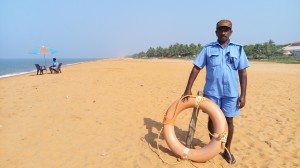
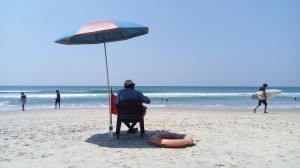
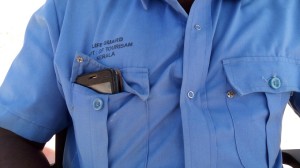
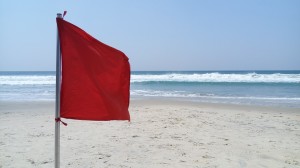

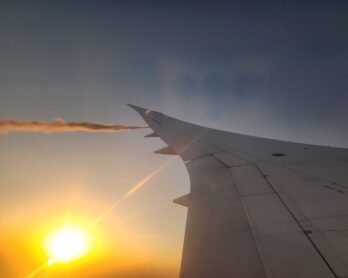
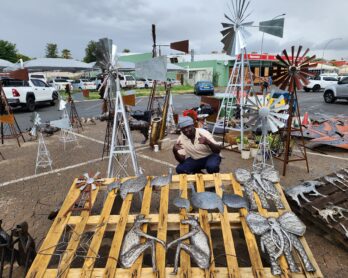



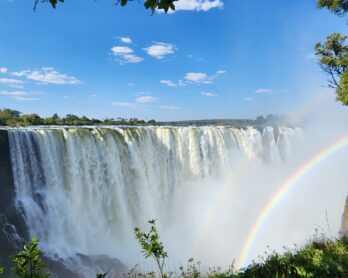
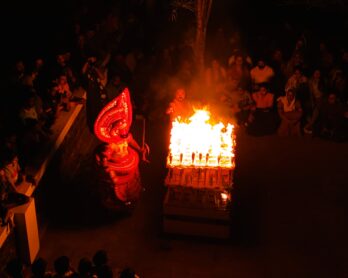
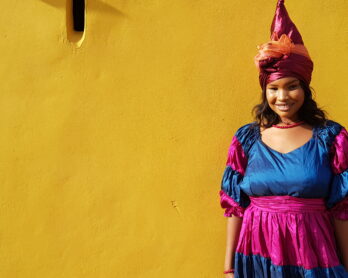
Absolutely marvellous piece press button or not! The lifeguard are absolute stars. Thanks for sharing the information. Salute to all the brave men working to save lives when their own is not insured. Cannot imagine the plight. What an uneven and unfair world we live in. I hope more is done sooner than later to improve their lives.
Or you can lie limp when you call for help :)) But thank you for your wishes, I too hope well for this lot. They are nice.